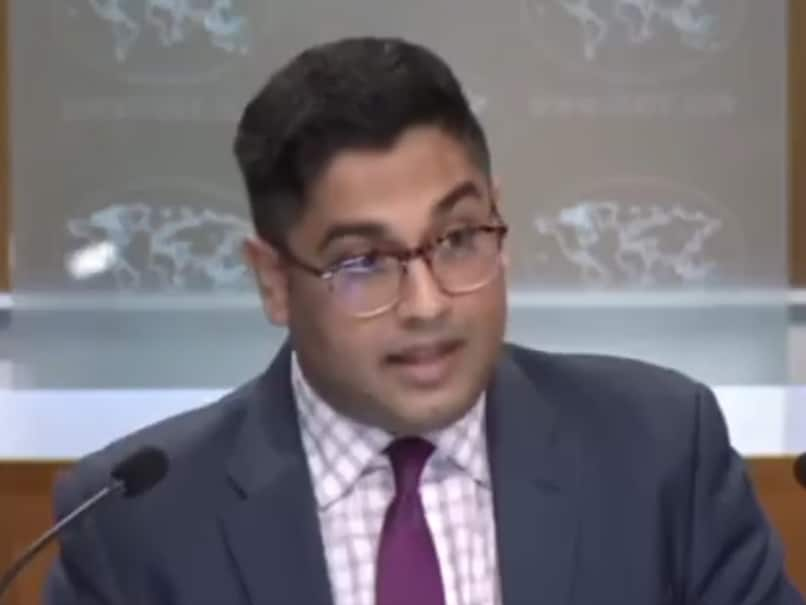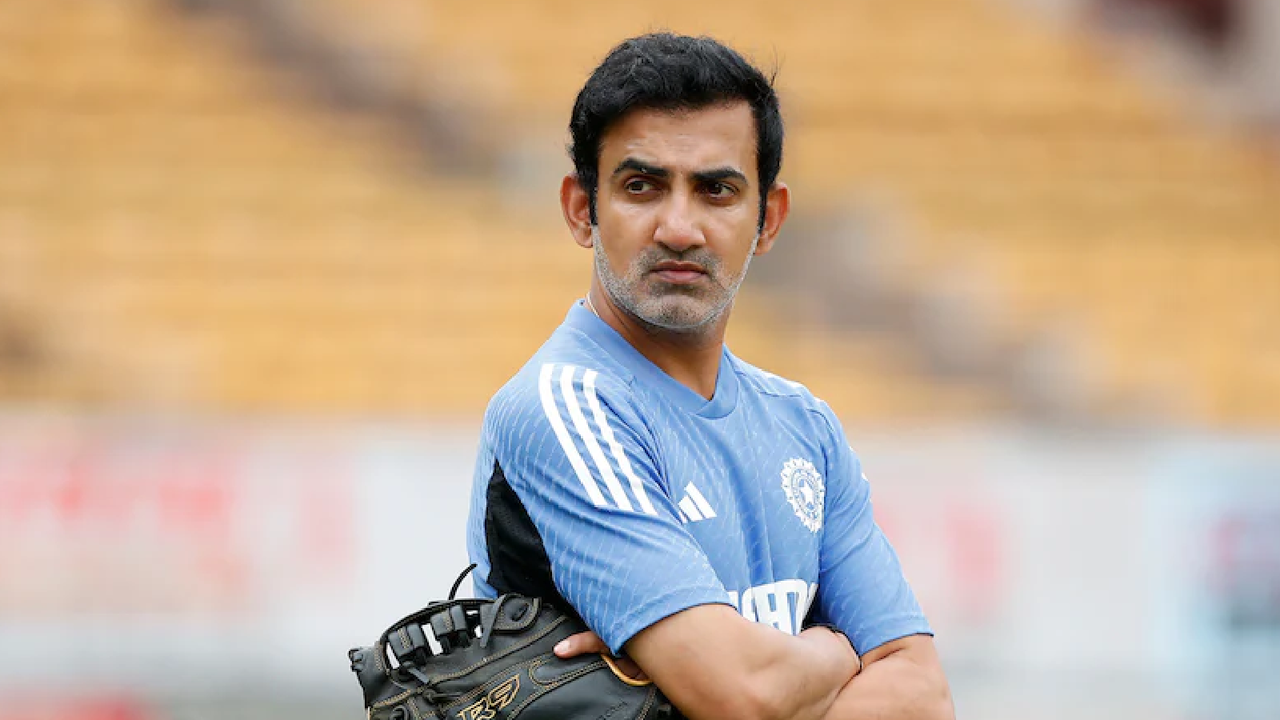The English Cricket Board (ECB) has granted counties until the end of May to propose revisions to the visa criteria for overseas players, following a challenging offseason for directors of cricket.
Securing high-caliber overseas players has become increasingly difficult for counties due to a congested domestic schedule, overlapping franchise leagues, and the unprecedented occurrence of a T20 World Cup during the English summer. Consequently, many counties have resorted to signing relatively unknown overseas players this year.
Previously, visa eligibility was solely based on international caps. However, in 2019, the ECB successfully lobbied the UK Home Office for a change, allowing players with 20 T20 appearances in a full-member country within the past three years to qualify.
While this change has opened up new avenues for overseas players to obtain visas, it has also led to some peculiar situations. One player agent revealed that some clients who would have been eligible for Division One cricket in the County Championship were denied visas due to the current T20-based criteria.
Chris Tremain, the leading wicket-taker in this season’s Sheffield Shield, was only able to stay at Northamptonshire for a month because his sporadic appearances in the Big Bash League in recent seasons made him eligible only for a short-term “permitted paid engagement” visa.
Other top Sheffield Shield bowlers, including Fergus O’Neill, Gabe Bell, and Corey Rocchiccioli, are reportedly ineligible for the “international sportsperson” visa typically used by overseas players for county seasons.
Simon Cook, Kent’s director of cricket, initially found South African seamer Beyers Swanepoel ineligible due to insufficient T20 appearances. However, Swanepoel eventually qualified for a longer visa after playing enough matches in the CSA T20 Challenge.
The ECB has an annual consultation period where counties can propose changes to existing criteria. While the governing body has no immediate plans to alter the criteria, it will consider any proposals. These proposals would then be submitted to the ECB’s board for approval and presented to the Home Office.
Any changes must adhere to the Home Office’s requirement that players seeking visas should “make a significant contribution to the development of their sport at the highest level in the UK.”
Cook emphasized the importance of balancing the need for overseas players with the development of domestic talent. “The danger with opening it up too much is that you end up blocking opportunities for academy or second-team players,” he said. “You want overseas players coming over that will add value and drive your existing group forwards.”
Kent will briefly have four overseas seamers competing for two spots in June, reflecting the increasingly competitive overseas market for counties.






